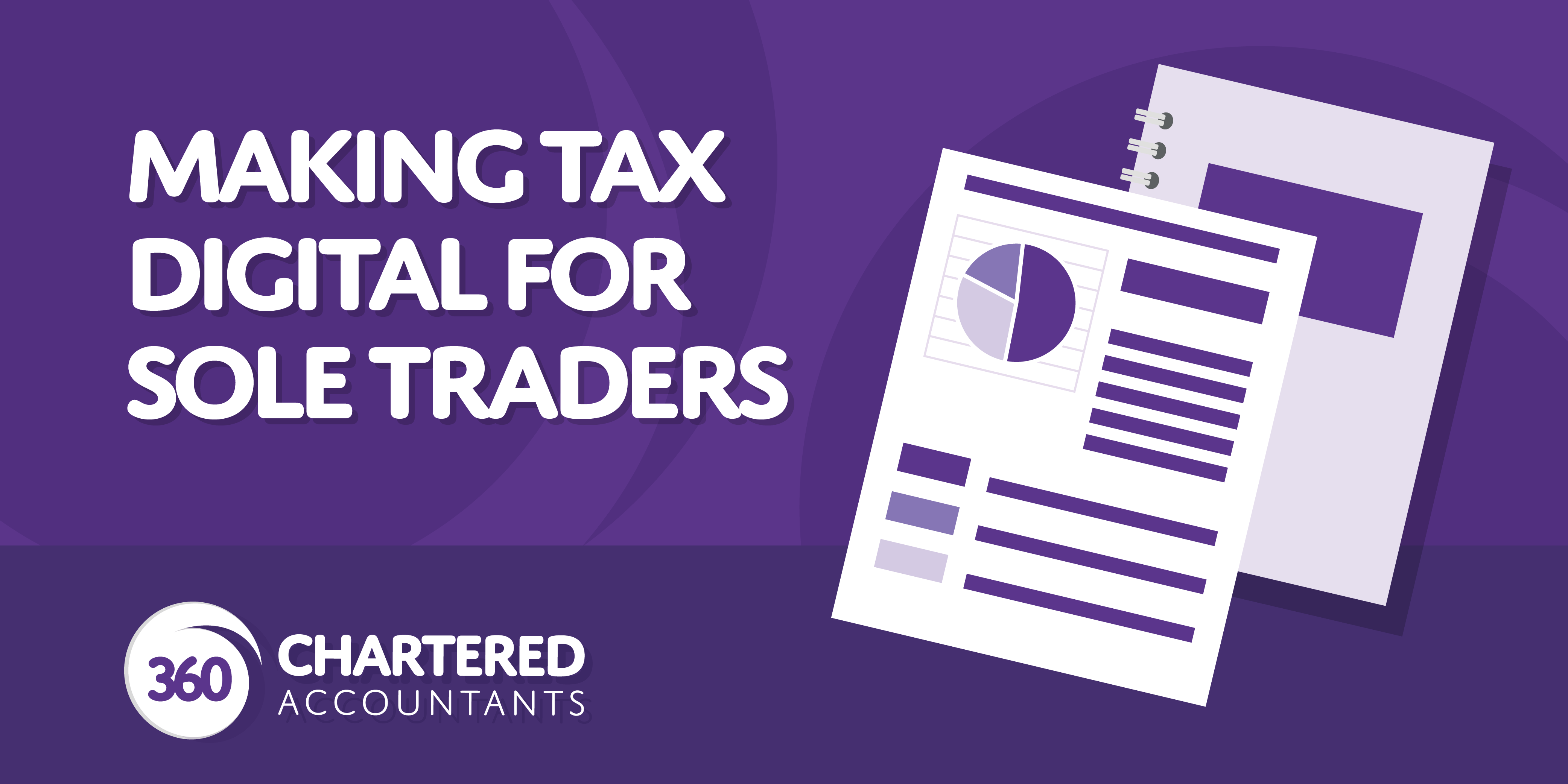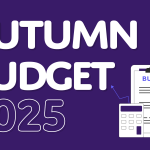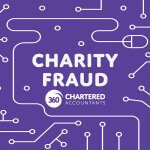From April 2026, if you’re a sole trader with an annual income (sales, not profit) of more than £50,000, you must comply with Making Tax Digital (MTD) regulations and maintain digital records using compatible online software.
If you have both self-employed and rental income, you will need to comply if your combined income is over £50,000.
HMRC’s Making Tax Digital program is an initiative aimed at replacing self-assessment tax returns with online software for managing taxes. Currently, VAT-registered businesses are required to use MTD-compatible software to maintain digital business records and submit their VAT returns to HMRC.
However, sole traders and landlords should be aware that MTD for Income Tax is being gradually introduced for them as well. If you want to understand the impact of the MTD program on sole traders and landlords, we have put together a comprehensive guide.
Read on to discover key deadlines, income limits, and frequently asked questions regarding MTD for Income Tax Self-Assessment (ITSA).
MTD for Income Tax Self Assessment
On 6th of April 2026, MTD rules will be extended to income tax. Sole traders and landlords earning above £50,000 annually will need to sign up ahead of the deadline. Those with income above £30,000 will be mandated from April 2027.
Before signing up for MTD for ITSA, you must have HMRC-recognised software, as you need to register through your cloud-based software, not the HMRC website.
It will also be mandatory to provide HMRC with a summary update of income and expenses every quarter as well as a final declaration of all other taxable income, including investments and savings interest.
You can apply for exemption from Making Tax Digital (MTD) if you have a valid reason, such as an unreliable broadband connection or disability preventing you from using a computer. During the application process, you don’t have to comply with MTD rules. However, the process for claiming exemption has not been confirmed by HMRC yet.
Do sole traders have to keep digital records?
Under the Making Tax Digital (MTD) scheme, sole traders are required to maintain digital records. MTD for income tax is being introduced gradually for the self-employed, and one of the main requirements is to use compatible online software to manage and maintain digital business records. This means that sole traders will need to use software that is compatible with MTD to keep track of their income, expenses, and other relevant financial information. The digital records should be kept in a digital format and must be easily accessible, and capable of being sent to HMRC when required.
Do sole traders get audited by HMRC?
HMRC can audit sole traders. They have the power to conduct audits and inquiries to confirm that people and businesses adhere to tax rules and regulations. Audits can be initiated randomly or due to certain triggers, like inconsistencies in tax filings or abnormal financial transactions. In the course of an audit, HMRC might ask to examine a sole trader’s financial documents, such as income, expenditures, and other pertinent records, to validate the correctness of their tax submissions. It’s crucial for sole traders to maintain precise and current records to back up their tax declarations and be ready for possible audits.
It is important that you have a separate business bank account for your sole trader/rental business so that HMRC cannot see or question non business transactions. It may be difficult for you to prove personal income is not undeclared business takings up to seven years after the event as most people do not keep accurate records of personal transactions.
What is the qualifying income for making tax digital?
As of April 2026, the income qualification threshold is £50,000 or more per year. This means that if your annual earnings as a sole trader exceed £50,000, you are required to comply with the MTD regulations and keep digital records using compatible online software. For property owners, the income qualification threshold is £50,000 or more per year from rental income before deducting allowable expenses.
As of April 2027, the threshold will be moving to £30,000 or more per year.
It’s important to note that these thresholds may be subject to changes, so it’s always recommended to stay current with the latest information from HMRC or follow our social media accounts where regular changes and reminders will be posted on a regular basis.
Will I need to pay Income Tax Quarterly?
There are no plans currently to change the current payment dates from 31 January and 31 July each year although, with a move from annual to quarterly filing of financial information with HMRC, we believe this could be a possibility in the future.
I already use accounting software – is it MTD compliant?
You can use the HMRC MTD website to see whether your software is MTD VAT compliant. It is likely these will also ultimately be MTD ITSA compliant but it is worth checking with your software provider or accountant.
Making Tax Digital Support
At 360 Chartered Accountants, we can help you comply with the Making Tax Digital (MTD) regulations. We offer assistance in selecting and implementing digital accounting systems, provide training and ongoing support, conduct compliance checks, and ensure accurate quarterly reporting. Many of our clients choose to outsource their digital bookkeeping to us.
We also provide strategic tax planning, promptly correct errors, act as intermediaries with HMRC, and stay up-to-date with MTD updates, ensuring our clients have a seamless transition over to the digital tax system.
Contact us today on 01482 427360 or help@360accountants.co.uk for enquiries or visit our making tax digital page for more information.




